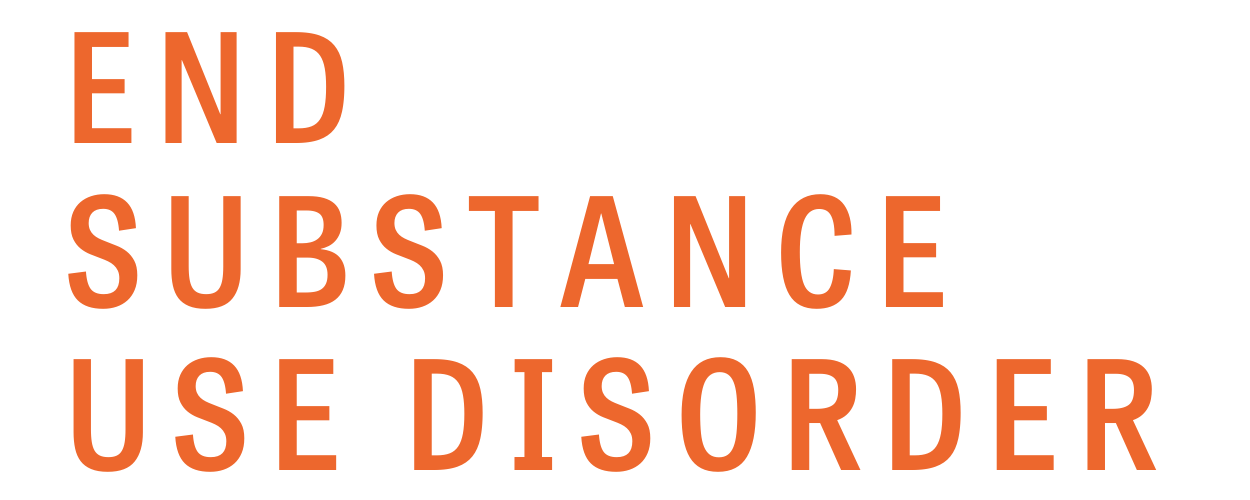End Substance Use Disorder Applauds U.S. House Passage of the EQUAL Act
Today, the U.S. House of Representatives passed the EQUAL Act, which would eliminate disparities in sentencing for offenses related to crack cocaine and powder cocaine. End Substance Use Disorder released the following statement:
“The crack cocaine sentencing guidelines are an unequal and unjust application of the law that have devastated communities of color for decades,” said Erin Schanning, president of End Substance Use Disorder. “We should all be treated equally under the law no matter the color of our skin. We call on the Senate to pass the EQUAL Act with due speed to bring justice and healing to the countless individuals and communities who have been harmed by this senseless policy.”
The House passed the Eliminating a Quantifiably Unjust Application of the Law (“EQUAL”) Act with a bipartisan vote of 361-66. The law would end the disparate treatment of people with offenses related to crack cocaine and powder cocaine. This disparity has resulted in the disproportionate arrest and incarceration of Black people.
In 1986, Congress passed the Anti-Drug Abuse Act, which required that sentences for crack cocaine be 100 times longer than sentences for powder cocaine. Crack cocaine was more prevalent in communities of color and among those experiencing poverty whereas powder cocaine was more prevalent in white, wealthy communities. Over 8 in 10 individuals convicted under the crack-cocaine guidelines between 2015 and 2019 were Black. The sentencing disparities are widely recognized to have no scientific basis. In 2010, Congress passed the Fair Sentencing Act, which reduced the disparity to 18:1 (meaning crack-cocaine sentences are currently 18 times longer than powder-cocaine sentences). The First Step Act passed in 2018 made those changes retroactive, resulting in the release of thousands of individuals from incarceration.
The EQUAL will eliminate these disparities entirely and apply that change retroactively to people who have been sentenced under the current, unjust laws.
The Senate has introduced a similar version of the bill and is expected to vote on the EQUAL Act soon.
